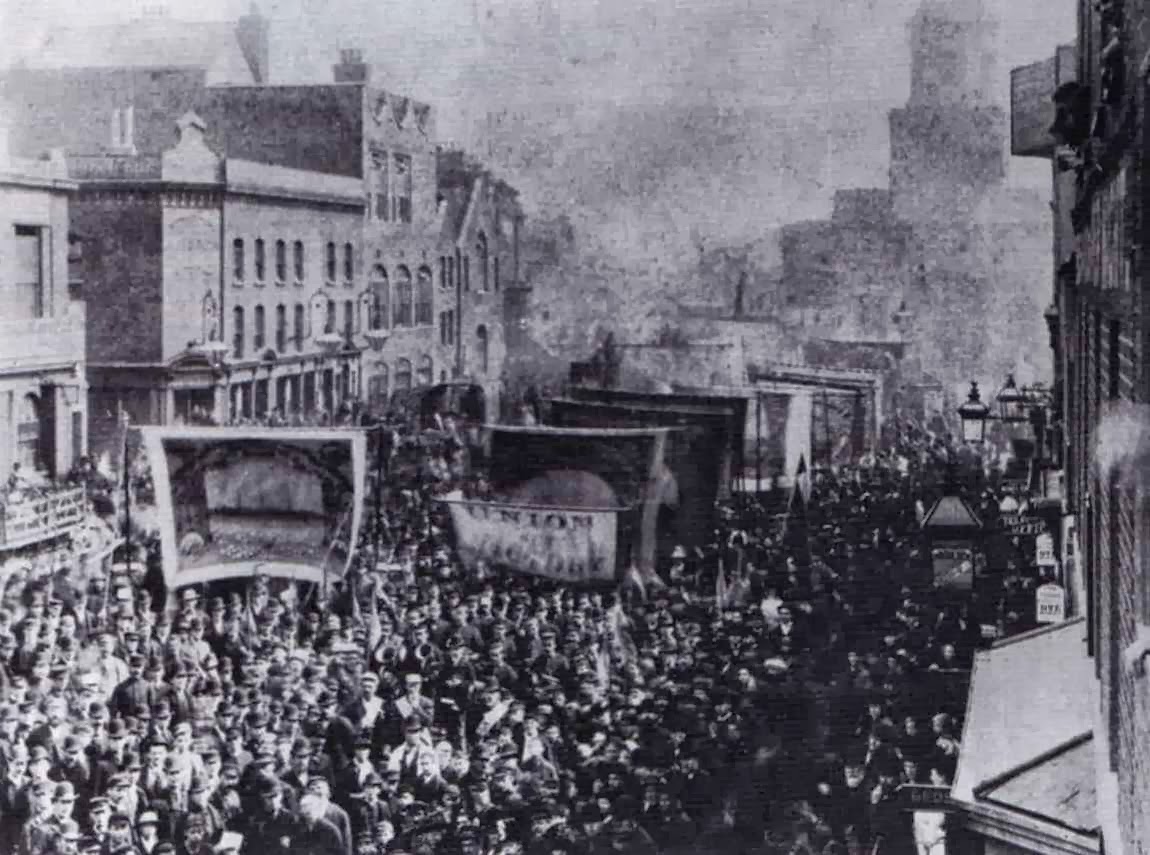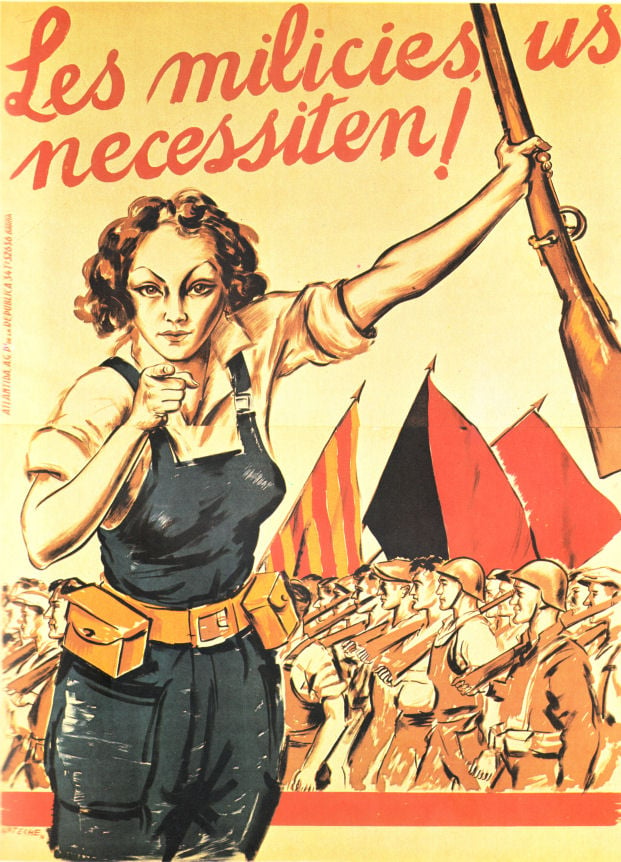- cross-posted to:
- workingclasscalendar
stahmaxffcqankienulh.supabase.co
- cross-posted to:
- workingclasscalendar
London Dock Strike (1889)
Wed Aug 14, 1889

Image: Dockers’ strike march, 1889 [libcom.org]
The London Dock Strike was a massive industrial dispute involving more than 100,000 workers in the Port of London, beginning on this day in 1889. Workers established strong trade unions and won better working conditions.
Before the strike began, workers were paid extremely poorly and did not have regular hours. Instead, they would show up en masse to work and a handful would be selected - the rest would be sent home without payment. In this way, their employers could only pay for exactly the labor needed for the day.
On August 14th, led by socialist union organizer Ben Tillet, the men in the West India Dock struck immediately and started persuading other dockers to join them. The support they needed came when the Amalgamated Stevedores Union (whose workers were essential the operation of the dock), under Tom McCarthy, joined the strike.
The labor action became so large (one estimation was 130,000 workers), that it could possibly be considered a general strike. A newspaper reported “Dockmen, lightermen, bargemen, cement workers, carmen, ironworkers and even factory girls are coming out.”
The London Dock Strike resulted in a victory for the 100,000 strikers and established strong trade unions amongst London dockers, one of which became the nationally important “Dock, Wharf, Riverside and General Labourers’ Union”.
The success of the Dockers’ Strike was a turning point in the history of trade unionism, with unskilled workers in particular gaining confidence to organize and engage in collective action. From 750,000 workers in 1888, trade union membership grew to more than 2 million by 1899.
- Date: 1889-08-14
- Learn More: libcom.org, en.wikipedia.org.
- Tags: #Labor.
- Source: www.apeoplescalendar.org

